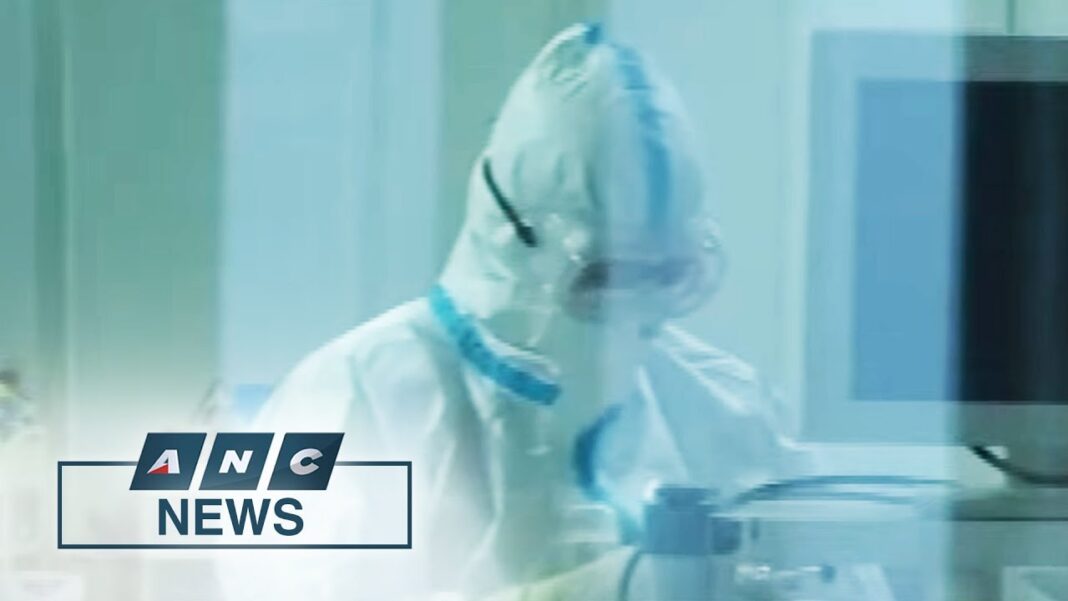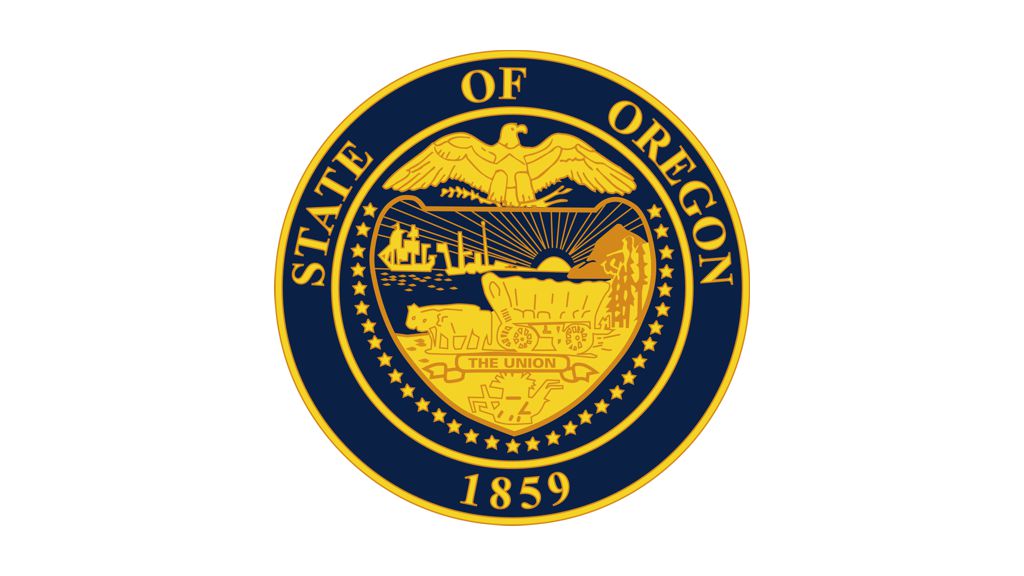A single state has recorded 18 cases of myocarditis in people who received a COVID-19 vaccine. All of the cases in Connecticut required hospitalization.
Acting Health Commissioner Dr. Deirdre Gifford told reporters during a virtual press briefing on Monday that the cases have been “rare” and “mild.”
But she added later when asked how many of the patients were hospitalized, “All of the cases that were reported to us were individuals that were hospitalized, the vast majority for a couple of days.”
“One individual that we’re aware of is still hospitalized. The other 17 have been sent home and they’re doing fine,” she said.
No other state appears to have publicly reported concrete numbers of myocarditis, or heart inflammation, among those who got a COVID-19 vaccine after the Centers for Disease Control and Prevention (CDC) said it was investigating reports of the condition.
The Washington State Department of Health said in a statement on Monday that it was “aware of reports of a small number of cases of myocarditis or pericarditis in some patients, post-vaccination,” adding, “Further investigation is needed to determine if these cases are connected in any way to COVID-19 vaccines.”
Health care providers in Washington, Idaho, and Oregon have been notified about the issue so they are prepared to quickly identity symptoms if more cases occur.
Symptoms of myocarditis include chest pain, an abnormal heartbeat, and shortness of breath.
In a May 20 notification, the Oregon Health Authority told health care providers that there were at least six recorded cases of myocarditis in the state following vaccination, the Salem Statesman Journal reported. All six required hospital care.
The authority did not immediately return a request for comment.
The CDC’s vaccine safety work group announced last week that it was presented with myocarditis in persons who received shots produced by Moderna or Pfizer. The group said it concluded there “are relatively few reports of myocarditis to date” and that the cases predominately occur in adolescents and young adults within four days after vaccination.”








